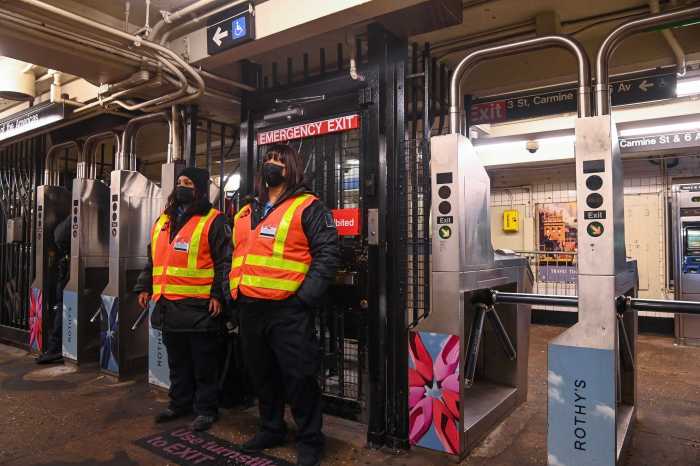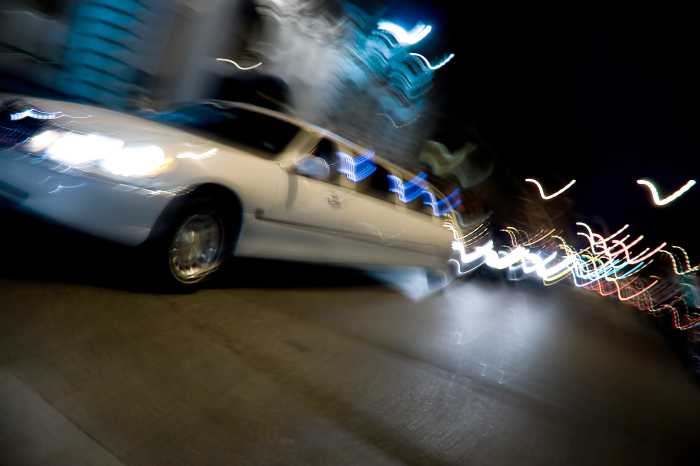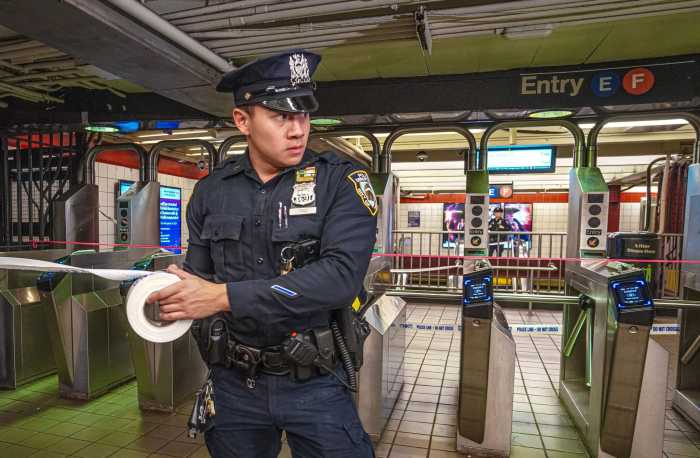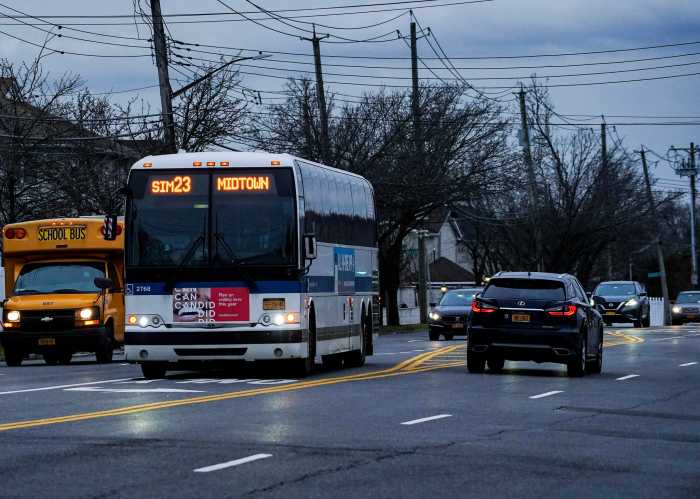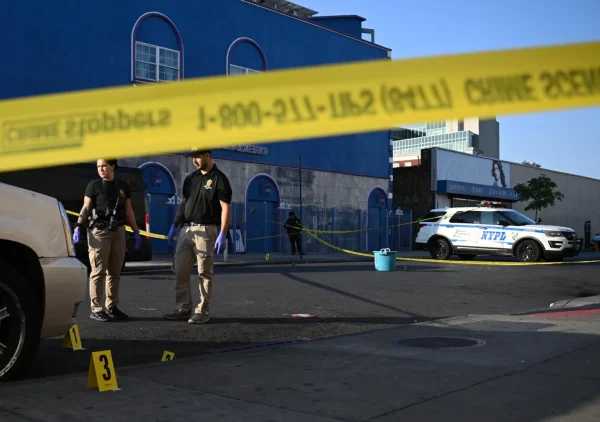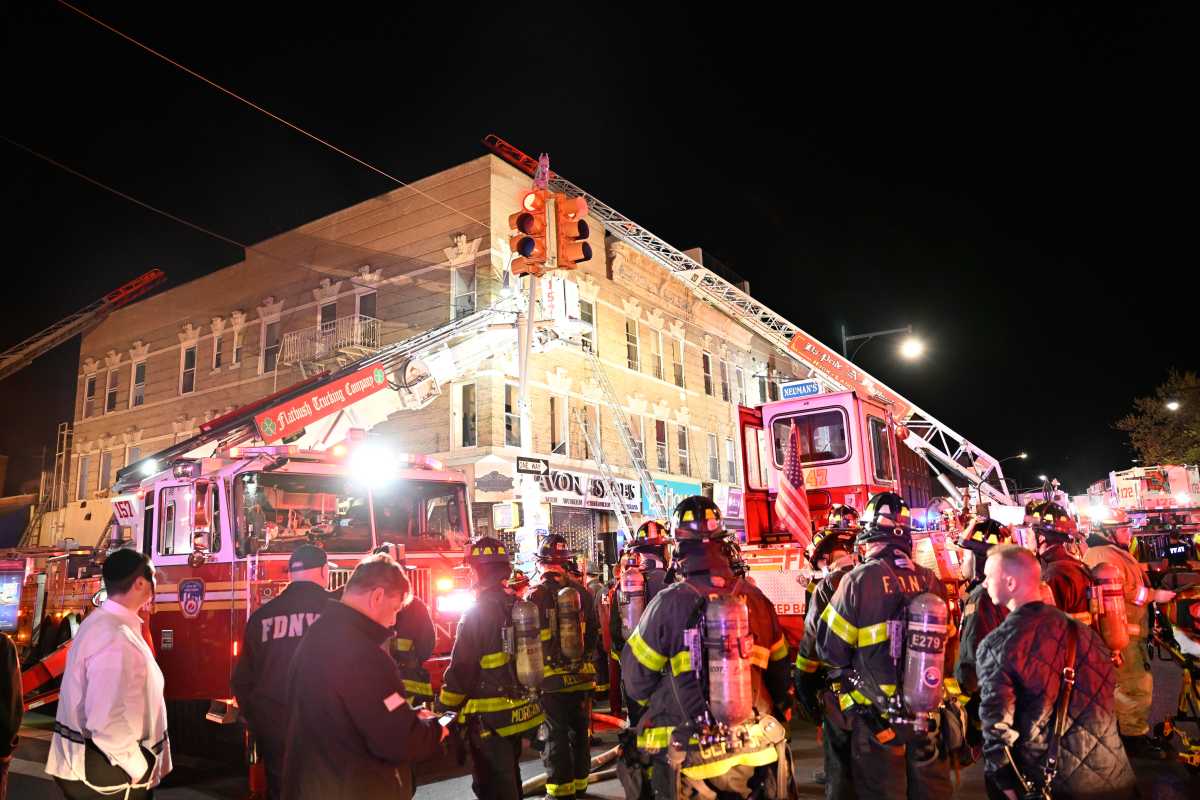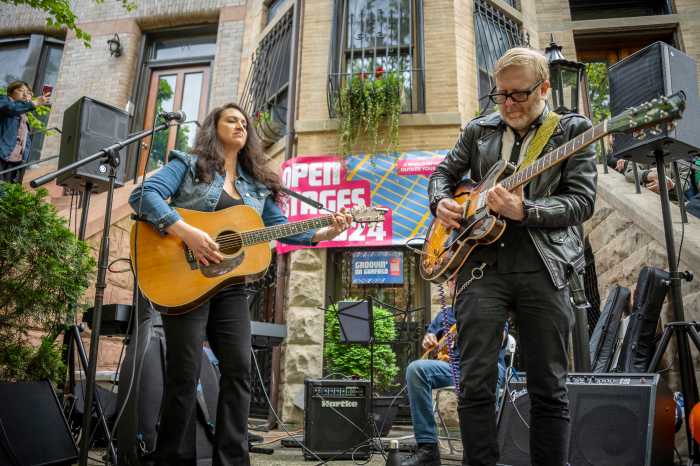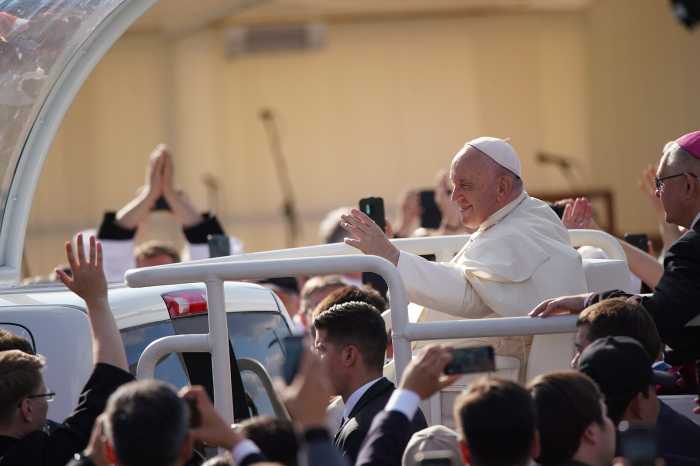
The greatest sprinter on Earth is swapping his spikes for an e-scooter.
Usain Bolt joined Bolt Mobility, the e-scooter company bearing his name, as the global brand ambassador on Tuesday while the company lobbies lawmakers to legalize the battery-powered rides.
“I have run in cities all over the world, and I can tell you firsthand that traffic is getting worse and worse in every city on every continent on earth,” Bolt said during an appearance at City Hall for a news conference with company representatives. “The air quality is also getting worse, and I feel that now is the time that we must do something about it. That’s why I am so proud of the Bolt scooter.”
The Jamaica native said he had five of the scooters at his home, and that they accommodate his 6-foot-5-inch frame just fine. He has ridden the scooters “a couple of times” with friends, he added.
Bolt Mobility is among a sea of e-scooter companies pressuring lawmakers to authorize scooter-share pilots in the city — pilots not dissimilar from what New York experienced with its dockless bike-share tests — as the scooters have popped up in cities around the world.
The Florida-based Bolt is angling itself as a more rugged option fit for pothole-stricken city streets. Bolt scooters can be equipped with unusually large, 10-inch wheels and are wide enough for both feet to face forward. They are also equipped with not one, but two cup holders, space for a bag and a USB charging port. Streetsblog refers to Bolt as the “SUV of e-scooters.”
“Scooters have been wildly popular for very good reason: They’re affordable; they’re convenient and they’re fun,” said Will Nicholas, vice president of operations for Bolt Mobility. “Bolt Mobility …[wants] to develop long-term transportation solutions for all.”
There is currently dual legislation at the city and state level that would legalize e-scooters in New York. Gov. Andrew Cuomo’s proposed budget includes legislation that would legalize both e-bikes and e-scooters, but would require their riders to wear helmets and reflective clothing at night. A bill in the City Council from Bronx Councilman Fernando Cabrera would legalize e-scooters capped at speeds of 15 mph.
Supporters view the scooters as a small, efficient option for a city clogged with vehicular traffic that can help for short trips or mass transit connections. Most concerns, as with the city’s dockless bike-share pilots, revolve around the parking of the scooters, and what sort of street space they should occupy. Most proponents believe scooters should be operated in the street, sharing bike lanes when available.
E-scooter companies looking to expand in the nascent industry have ramped up lobbying efforts. In 2018, Bolt Mobility spent $52,500 lobbying the City Council, according to city filings. Another company, Bird, spent $109,528 on city lobbying efforts, the records show, and City Council members have filmed themselves riding around their offices or in their districts.
Bolt Mobility is currently operating scooter-shares in three areas — Fort Lauderdale, Florida; Alexandria, Virginia; and Arlington, Virginia — with just more than 1,000 scooters combined in service. Nicholas said the company offers rides at a $1 fee, plus 15 cents for every minute.
Usain Bolt was asked by one reporter Tuesday whether his infamous run-in with a Segway-riding camera man gave him concern around e-scooters.
“That was totally different; this is a scooter,” said Bolt, who had laughed off the incident at the time. “He had, unfortunately, less control than he would on a scooter. So you can’t really blame him — and he had a camera.”



